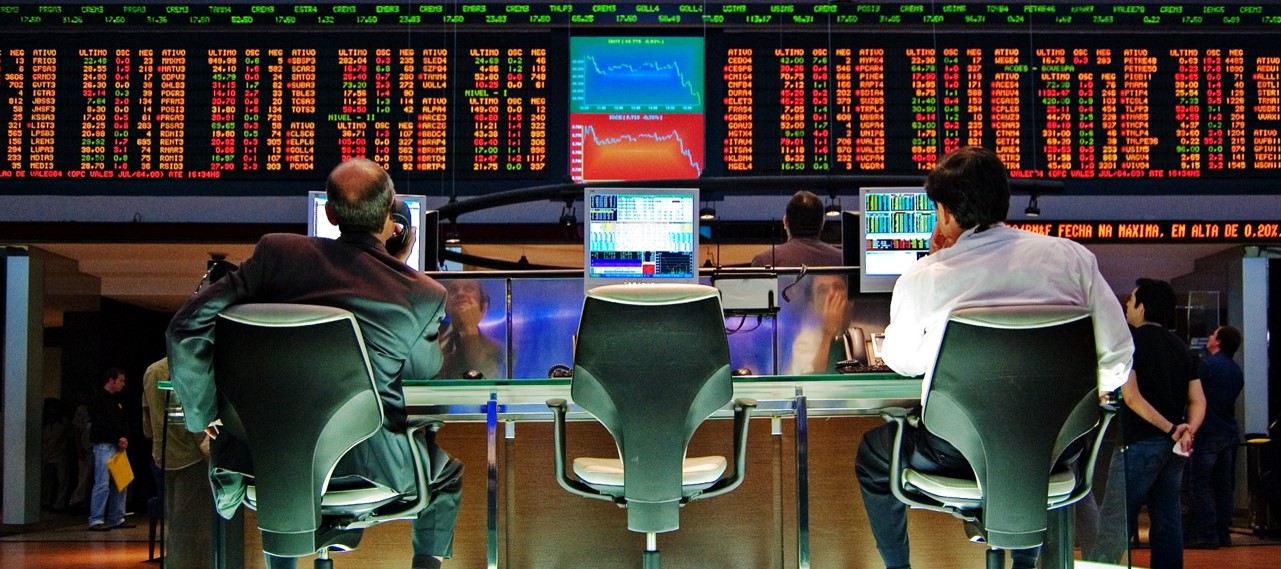As we all know, when we open a trade, we look forward to it being a winner. Given the win rate of a certain trading strategy, there is a random distribution between wins and losses. However, we trade to make money with a proven strategy. The Profit Room’s strategy allows you to be confident when you place a trade. So we don’t “panic close” the trade when the market goes against us, or exit too soon when we are in profit.
If you know the expectancy of your trading strategy, you will be able to deal with these situations better. There is a psychological aspect here: knowing the predictable profitability of a larger number of trades you undertake will build your confidence, which in turn reduces your tendency to shortcut winners and to let losers run too long. Having this confidence will thereby improve your overall results.
How to determine the expectancy of your trading system? Assuming you keep records of your trades, you should go back and look at all your trades that were profitable versus all your losing trades. Do this over a period of at least 3 months and at least 100 trades. The more data you can use, the more accurate the result. We only need 4 pieces of information: number of winning trades, number of losing trades, amount of money won and amount of money lost. From this data we can calculate the following:
Net profit = amount of money won – amount of money lost
Win rate = number of winning trades / total number of trades
Lose rate = 1 – win rate
Average winner = amount of money won / total number of winners
Average loser = amount of money lost / total number of losers
Average reward / risk = average winner / average loser
Expectancy per trade = win rate x average winner – lose rate x average loser
Or, alternatively, expectancy per trade = net profit / total # trades
Expectancy per month (profit forecast) = expectancy per trade x average # trades per month
Expectancy per amount of money risked = win rate x (average reward / risk + 1) – 1
Or, alternatively, expectancy per amount of money risked = net profit / average loser / total # trades
We hope this information helps you in determining your expectancy rate of trading.
The Profit Room


